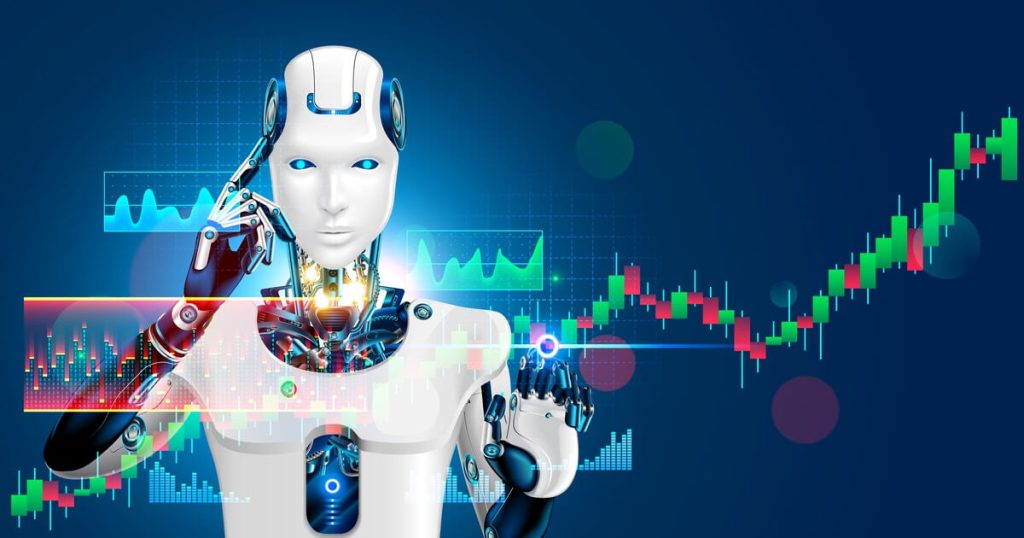From a business perspective, AI Dev 25 presents substantial opportunities for monetization and market expansion in the AI sector. Companies attending or sponsoring such conferences can tap into networking prospects to form partnerships, potentially leading to new revenue streams through AI-driven products. For instance, according to a 2024 Gartner report, businesses investing in AI training events see a 20 percent increase in innovation output within a year. The conference’s focus on coding and learning aligns with market trends where AI integration in industries like retail and manufacturing could add $13 trillion to global GDP by 2030, as forecasted in a 2018 PwC analysis. Monetization strategies include offering premium workshops or certifications, similar to DeepLearning.AI’s specializations that generated significant enrollment fees since their inception in 2017. Implementation challenges, such as integrating AI into legacy systems, will likely be discussed, with solutions involving cloud-based platforms like those from AWS, which reported a 37 percent revenue growth in AI services in Q1 2024. The competitive landscape features key players like Google and Microsoft, who often participate in such events to showcase tools like TensorFlow, updated in 2023. Regulatory considerations are paramount, with sessions potentially covering compliance with the EU AI Act passed in 2024, emphasizing risk assessments for high-impact AI systems. Ethical implications, including bias mitigation, are highlighted, promoting best practices like diverse dataset training, which can reduce errors by up to 30 percent, per a 2022 MIT study. Overall, AI Dev 25 could catalyze business opportunities by connecting developers with investors, fostering startups that address niche AI applications and driving long-term market growth.
On the technical front, AI Dev 25 is expected to delve into advanced topics such as transformer architectures and reinforcement learning, building on breakthroughs like the 2023 enhancements to Stable Diffusion models for image generation. Implementation considerations include overcoming challenges like computational costs, with solutions involving efficient hardware like NVIDIA’s A100 GPUs, which improved training speeds by 50 percent since their 2020 release, according to NVIDIA benchmarks. Future outlook points to multimodal AI systems integrating text, image, and audio, predicted to dominate by 2026, as per a 2024 Forrester report. The conference may feature live coding sessions on tools like PyTorch, updated in version 2.0 in 2023, enabling faster prototyping. Data points from a 2024 Stanford AI Index indicate that AI research papers have doubled since 2019, underscoring the need for events like this to translate research into practice. Challenges such as data scarcity can be addressed through synthetic data generation techniques, which increased model accuracy by 15 percent in tests reported by Google in 2022. Looking ahead, predictions suggest AI will automate 45 percent of work activities by 2025, per a 2017 McKinsey Global Institute report, with AI Dev 25 providing strategies for seamless adoption. The event’s emphasis on connecting developers could accelerate innovations in edge AI, reducing latency in applications like autonomous vehicles, a market expected to reach $10 billion by 2030 according to a 2023 MarketsandMarkets study. Ethical best practices, including transparency in AI decision-making, will be key, aligning with guidelines from the 2021 UNESCO recommendations on AI ethics.
FAQ: What is AI Dev 25? AI Dev 25 is an upcoming AI developer conference hosted by Andrew Ng and DeepLearning.AI, scheduled for November 14, 2025, in New York City, focusing on coding, learning, and networking with AI experts. How can businesses benefit from attending AI Dev 25? Businesses can gain insights into AI trends, form partnerships, and explore monetization through innovative applications, potentially boosting revenue via AI integrations as seen in market growth projections.

